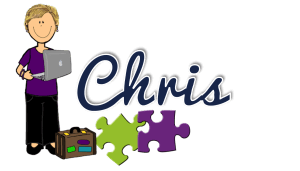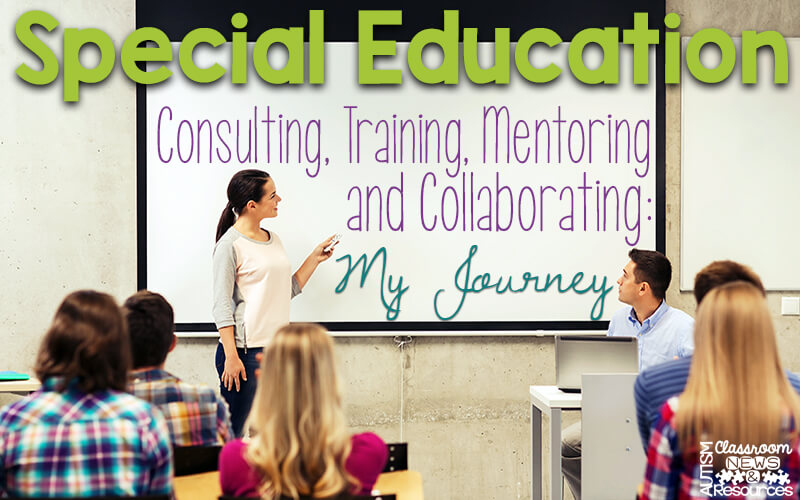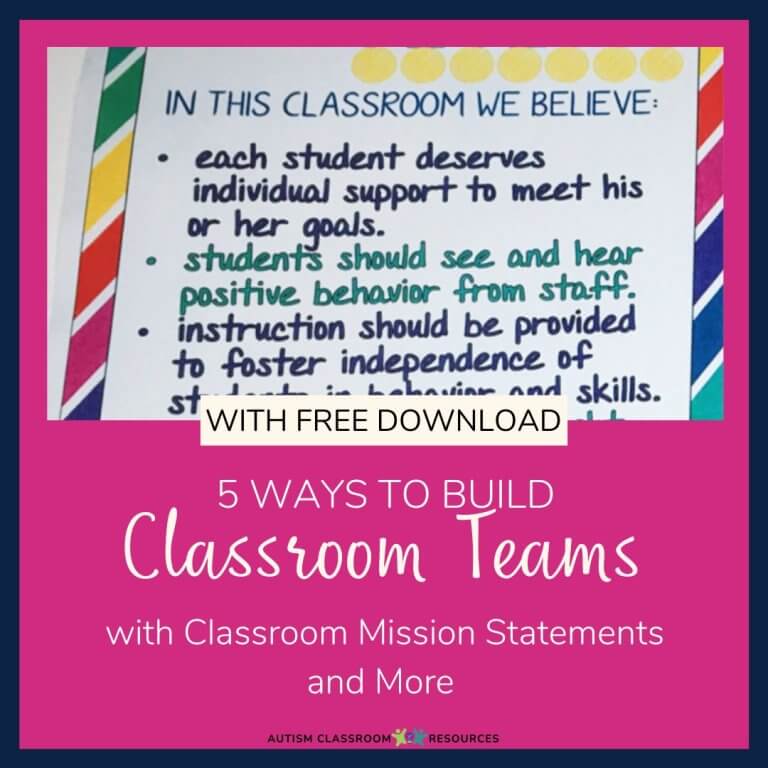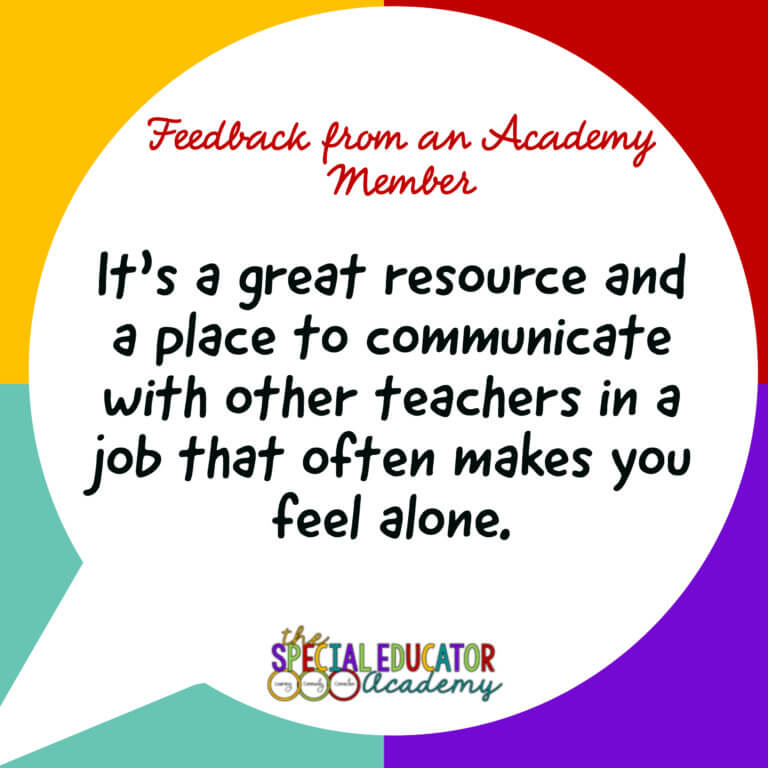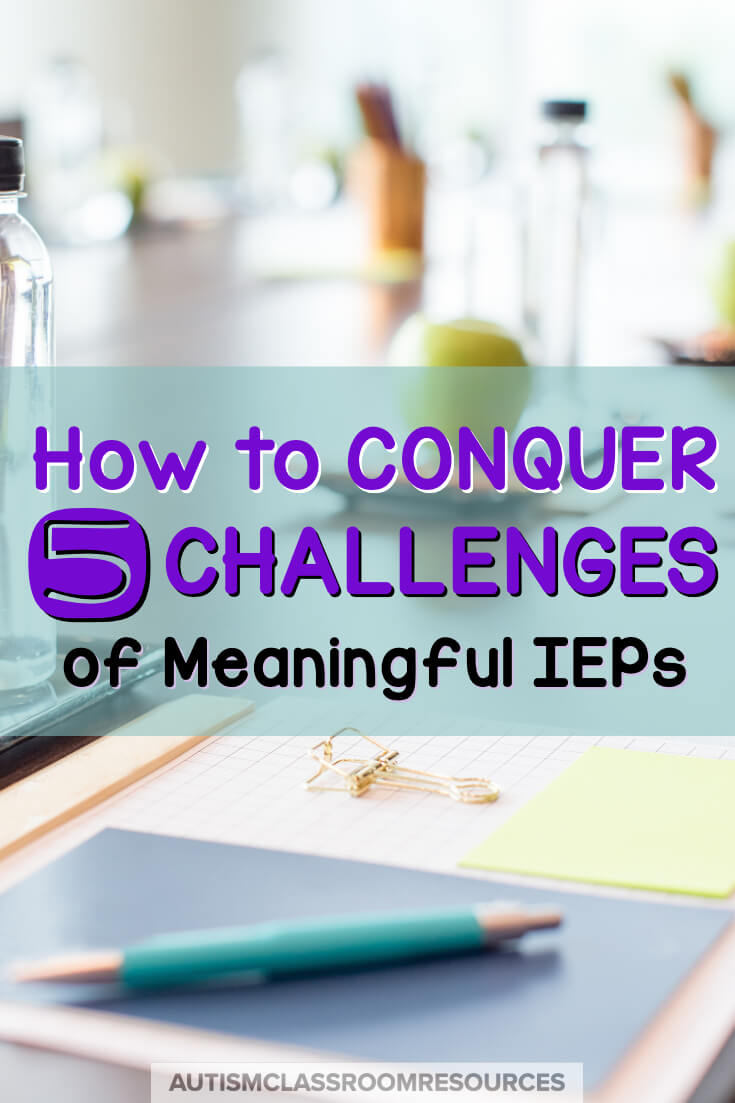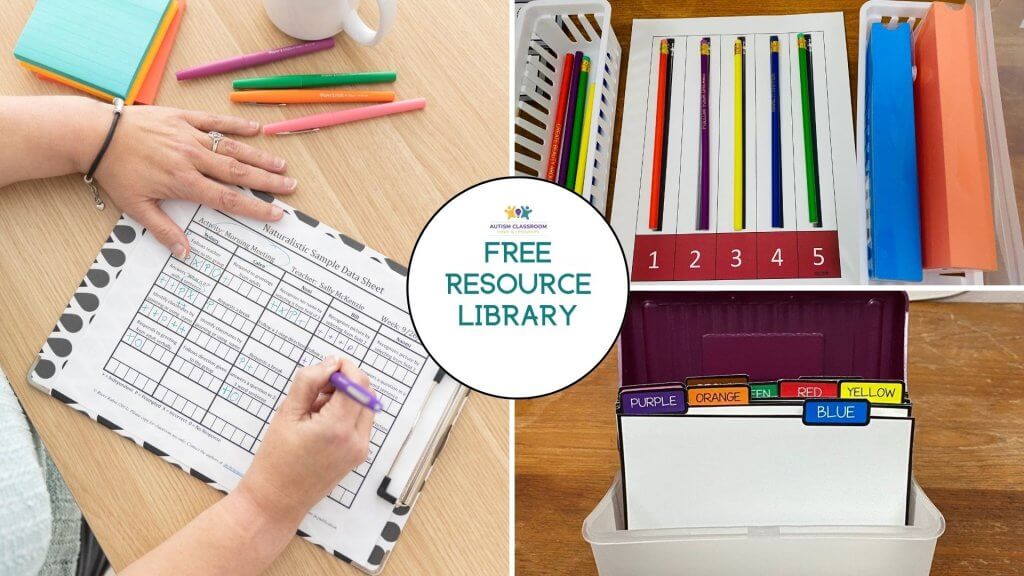Sharing is caring!
If you’ve been reading this blog, or my “About Me” page, you know that I have many roles in the world of special education, the primary one being consulting to classrooms and school systems working with students with autism and low incidence disabilities. Recently I’ve been getting two different sets of questions. The first focuses on how I became a consultant and how to become one.
The second focuses on how to help, collaborate, mentor and work with other professionals. This second focus takes many different forms depending on your position.
- For those of you starting out in the classroom, you are training and supervising paraprofessionals, many of whom are older and may have been in the classroom longer.
- For those of you with experience in the classroom, you are being asked to help the new teacher or the teacher next door, as well as work with the paraprofessionals in the classroom.
- Some of you are related service providers working with teachers and paraprofessionals across the school.
- Some of you are instructional coaches, autism specialists, program coordinators or some other form of support staff for classrooms.
- Some of you are private practitioners collaborating with classroom staff either because you work with the school on a contract basis or you are working with the student at home and collaborating with the school.
- And some of you may be private consultants.
- Some may be administrators–like a special education director or coordinator.
Leadership is What We All Have in Common
We are all trying to create change, progress, and support–in other words we are leading but we are not in charge. We are typically leading but we don’t hire people, evaluate people, discipline people or any of those things people associate with “being in charge.” In fact we typically don’t have any power to tell people to do something and expect them to do it. But I have a secret to share….Even if you are the person “in charge,” you still can’t make people do what you want them to. Even those in charge have to find ways to lead people to the behavior they want to see.
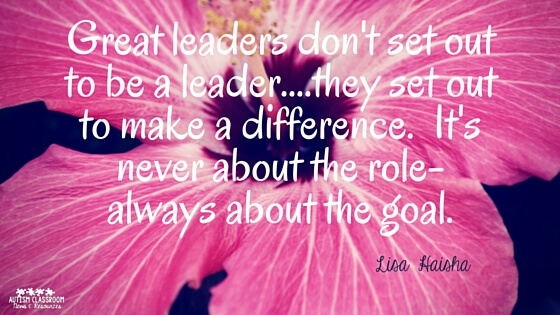
And that type of leadership and mentoring is going to be the focus of this series. Every Sunday I will have a live Blab session focused on the topic of the week. I’ll share some ideas and we can chat about what works and doesn’t work as well as what strategies you would like to know more about. Then, I have some follow up things that will come when things settle down this summer that I am really excited about!
3 Guiding Philosophies
S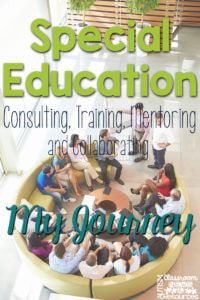 o the topic this week is just as an introduction to how I got started. My background is actually in clinical psychology since there was no such thing as a certified behavior analyst back then. I have always worked with students with disabilities and it is what I went to school to do. I went straight from college to graduate school, because you can’t do much with an undergraduate degree in psychology and because I thought I wanted to pursue a research career. I loved research and thought it was what I wanted to do primarily and I have done it off and on. However, I always was reminded about how much I wanted to work with the students and those who work with them.
o the topic this week is just as an introduction to how I got started. My background is actually in clinical psychology since there was no such thing as a certified behavior analyst back then. I have always worked with students with disabilities and it is what I went to school to do. I went straight from college to graduate school, because you can’t do much with an undergraduate degree in psychology and because I thought I wanted to pursue a research career. I loved research and thought it was what I wanted to do primarily and I have done it off and on. However, I always was reminded about how much I wanted to work with the students and those who work with them.
I have worked as a behavior specialist in a preschool, a consultant for the state of North Carolina serving 16 counties to hep support individuals with developmental disabilities in the community, an administrator / director of an elementary program for students with autism with severe behavior, a researcher, an administrator of behavioral services within a school, a college professor and academic administrator, and for the last 20 years I have worked as a consultant and trainer supporting educational programs for students with autism and other developmental disabilities. I am extremely fortunate to be able to do what I am passionate about and see where this career and life take me.
You can read my bio in my About Me page so I’m not going to bore you with all the details. However, I thought I would share 3 key facts things I have learned and that guide everything I do in my career.
- It always comes back to the students. Every time I get deep into a job that involves primarily administration, something always pulls me back to the classrooms. Everything I do in my daily life from teaching graduate students to creating products for TPT to this blog comes back to what works for the students. When I get away from that, I’m not happy and I stop loving my job as much. Without having it be informed by the students, the teaching and the training drift away from what is needed and loses meaning. You have to come back to what is needed by the students themselves and not lose touch with that.
- Never give advice if you haven’t walked in the person’s shoes. When I was preparing to go off to grad school to do research, my aunt (who taught special needs preschool until she retired in her 60s and was one of my very early mentors) gave me the best advice I have ever had to this day. She said, “Don’t sit in your ivory tower and tell me what to do in my classroom if you have never spent even a day there.” I’m pretty sure that’s almost an exact quote. The biggest compliment I can get today, next to “She always thinks about the child first” is “How long were you in the classroom?” or “What happens in your classroom when you travel?” You see, because I have never had a classroom of my own…but I have set up and run classrooms all of my career. And I will never give advice if I don’t know how it feels to be in that person’s shoes. There are advantages to an outsider’s perspective on a classroom, but it pales in comparison to an insider’s perspective of what the classroom is like.[Tweet “Don’t sit in your ivory tower and tell me what to do in my classroom if you have never spent even a day there”]
- Actions are stronger than words. You create change, whether its the behavior of adults or students, by showing what to do, seeing if it works, demonstrating, modeling, coaching and giving feedback and above all by reinforcing success. Showing someone what to do will always be more powerful than just telling them. Trying it yourself to figure out if it will work will always make your advice more powerful. I can’t tell you how many times I’ve asked a teacher if I can work with the student to figure out what to do and what will work. I have to do that before I can give suggestions. Show, don’t tell, to see strategies implemented.
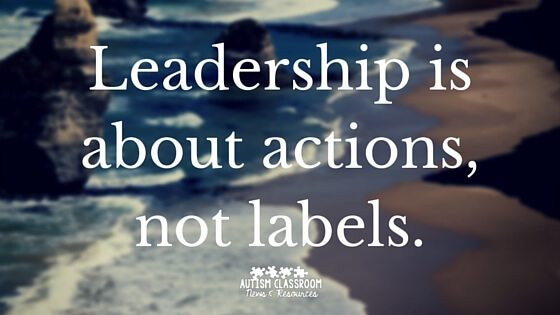
I have so many more things to share that I’m having a hard time making myself stop, but I could go on and on with things I’ve learned over the years. So I hope you will join me on Sundays in the Blab or on the blog or both and share your questions, your struggles and successes and your ideas so together we can build leaders to help our students.
[Tweet “Leadership is about actions, not labels.”]
Didn’t catch the live Blab? You can catch the recording. Can’t say this one is terribly stimulating but I hope we will have more discussions in the future. If you would like access to just the audio recording, leave me a comment or email me and I’ll send you a link to download it.
Until next time,
